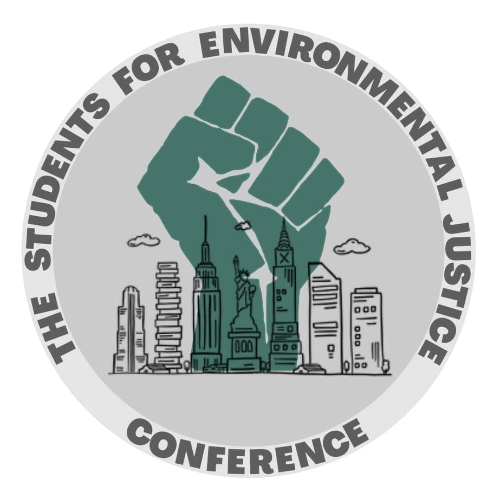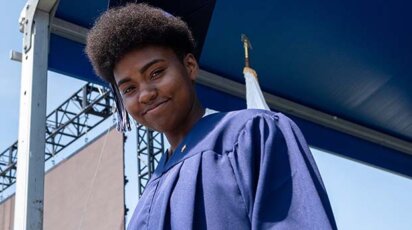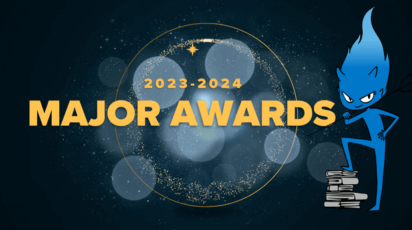News
Reflections on The Students for Environmental Justice Conference
By Rayeeda Mahmud ’23
(The Students for Environmental Justice Conference took place virtually on November 14. Kadyn Liburd ’21, who together with Rayeeda Mahmud ’23 and Hannah Crowley ’23 collaborated with other students to plan the conference, described it as “a day of fostering environmental justice literacy and learning how to take action in your own community. Whether you are passionate about environmental justice, or this is the first time you’ve heard of it, please join us for this experience!”)

What is environmental justice? How does it intersect with racial injustice?
Toward the end of summer, I received an email asking if I was interested in joining a group composed of environmental and racial injustice activists about my age. We had to write a short essay on why we wanted to be involved. I wrote about how fighting for racial equity had been something I’ve been passionate about for quite some time.
The climate crisis is also a pressing issue and it always troubled me that not enough people take it seriously enough. I wanted to be able to reach out to more people and better educate myself so I can educate them.
Going into the conference, I did not have a lot of background knowledge about what exactly environmental justice is, or that there was an overlap between it and systematic oppression. The conference’s main mission was to assist students in New York to create positive change in their local communities by educating them about environmental justice, which they can then use to dismantle systematic racism and environmental degradation. Many people are oblivious to the fact that you cannot battle racism without involving environmental justice in your activism as global warming disproportionately affects lower income POC neighborhoods.
Workshop on Environmental Justice After the Election
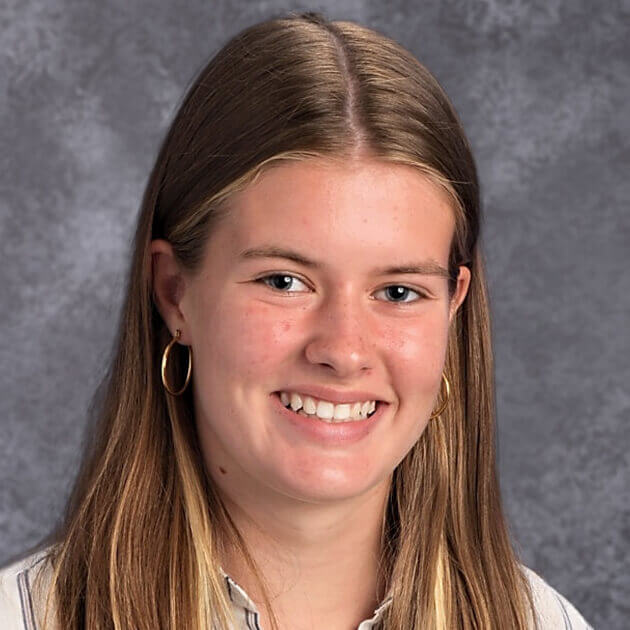
Even though the climate crisis does not concern political parties, it has unfortunately become politicized. With the November 14 date of the conference being so soon after Election Day, I reasoned that environmental justice after the election would be a captivating topic. Hannah Crowley ’23 and I decided to lead a workshop discussing what the next four years might look like in terms of combating environmental degradation. During the workshop we explained why the coming years are crucial because there is very little time left before irreversible damage is done. We then examined President-elect Joe Biden’s aggressive climate plan for achieving a clean energy revolution. In his strategy, he pledged to reach net-zero emissions by 2050, which would not only promote nature preservation, but also help dismantle racial injustices caused by global warming. Near the end of the workshop we broke the participants into breakout rooms to discuss the Biden Climate Plan. Students shared concerns such as: What if the Senate doesn’t have a Democratic majority meaning Biden won’t even have the power to pass necessary legislation? What if the next person in office just reverses everything during their term? What if Biden fails to act as aggressively and swiftly as he said he would during the campaign? All these questions provoked further discussions and led us to think about what we can do as a community moving forward including how to volunteer.
“The conference helped me realize how many students there are in our community who care about environmental justice,” said Crowley, “which gave me hope for the future.”
“The conference helped me realize how many students there are in our community who care about environmental justice,” said Crowley, “which gave me hope for the future. For me personally, the next step is taking action since I was offered so many great resources during the conference that will help me to do so. I think we, the Students for Environmental Justice (SEJ) club, are planning on sharing some of those resources with the rest of the school, so people should look out for that soon.”
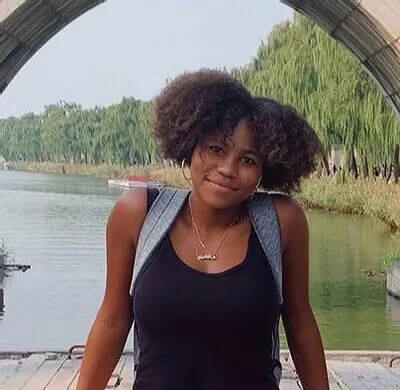
Kadyn Liburd ’21, who helped organize the conference, did not lead a workshop. “Instead I spoke at the beginning of the conference representing Black Students Demanding Change (BSDC),” Liburd said. “After introducing the work of BSDC, I touched upon how organizations like Black Students Demanding Change foster solidarity with initiatives such as The Students for Environmental Justice through our united desire to create equity in our communities. From there, I, along with my fellow BSDC executive team member Josie Helm (from Brearley School), defined a set of terms central to understanding the core issues of environmental justice and structuring the day’s conversations.” These terms included environmental justice, intersectionality, systemic oppression, overburdened community, and fair treatment.
After the conference, Liburd said, “As one of the student leaders who helped plan the conference and as a participant, I had the privilege of experiencing both putting the event together and attending it. Working with other student leaders from various schools opened my eyes to how dedicated my peers are to increasing environmental justice (EJ) literacy among our generation and beyond. Additionally, interacting with impassioned and intellectual students from all over New York through the conference’s workshops was especially uplifting. I was given hope for the future after witnessing the devotion of my peers to this work.”
“Moving forward,” she added, “the Students for Environmental Justice are reorganizing to determine the best ways to continue working as an inter-school group. However, at Poly, our EJ group was energized by the conference and is working on many initiatives to increase engagement with EJ at Poly, so stay tuned!”
“The future is our responsibility and we must act now if we want to do better.”
The Students for Environmental Justice Conference was imperative in teaching impressionable youths that the future is our responsibility and we must act now if we want to do better.

